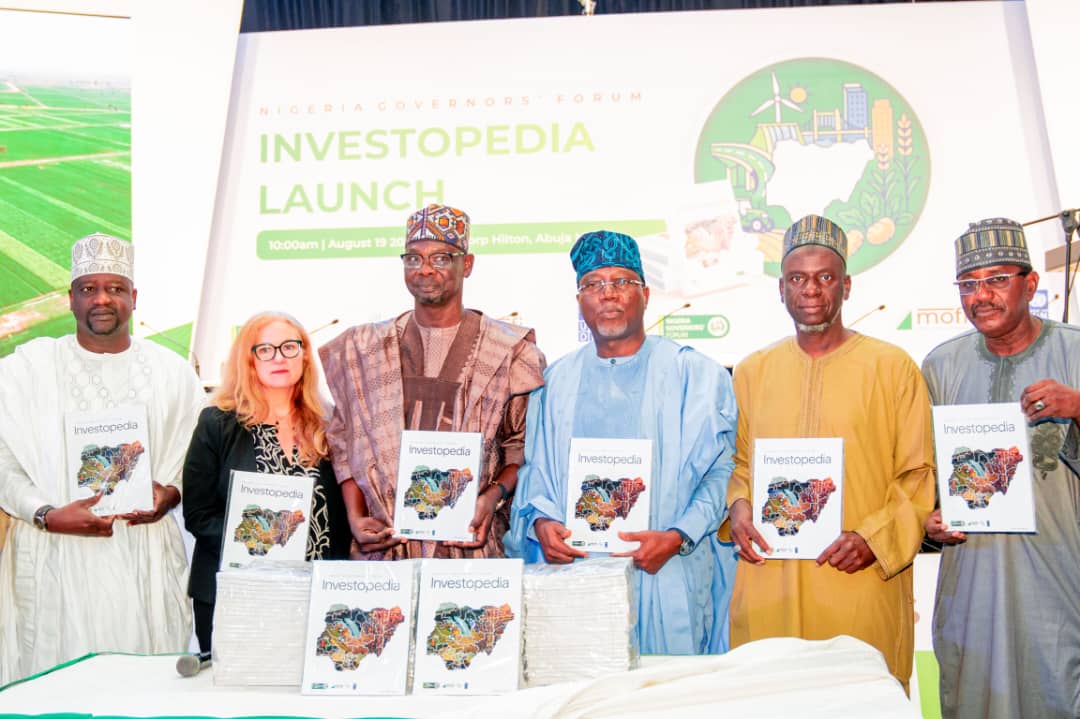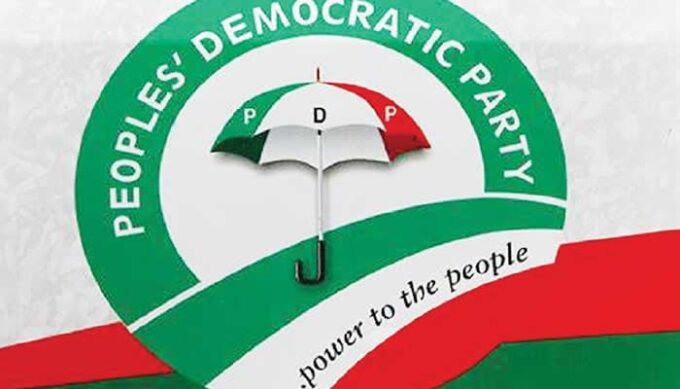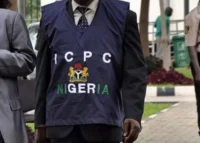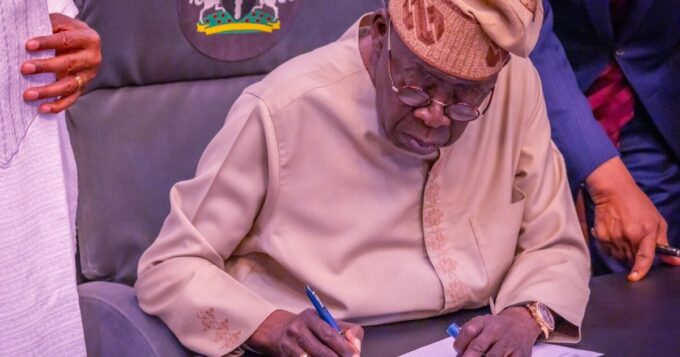From Juliana Taiwo-Obalonye, Abuja
In a decisive effort to address Nigeria’s staggering annual infrastructure financing deficit, estimated at $100 billion, the Nigeria Governors’ Forum (NGF) launched the NGF Investopedia, a pioneering investment platform aimed at unlocking capital flows into bankable projects across all 36 states.
The launch event at Transcorp Hilton, Abuja, brought together governors, development partners, and global investors committed to transforming Nigeria’s infrastructure financing landscape.
NGF Chairman Abdulrahman AbdulRazaq, represented by Nasarawa State Governor Abdullahi Sule, shed light on the critical challenges and opportunities facing Nigeria’s subnational economies. “Here is Africa’s largest economy, endowed with abundant human and natural resources,” he said. “Yet over the last decade, foreign direct investment inflows have averaged only $2 billion annually, which is less than 0.5% of GDP. These investments are mostly concentrated in oil and gas, telecommunications, real estate, and agriculture—sectors that, while important, have not yet catalysed the deep, broad transformation Nigeria’s states desperately need.”
AbdulRazaq further underscored the gravity of the infrastructure funding gap. “The annual infrastructure financing gap for Nigeria is estimated at $100 billion, a figure that states bear the heaviest responsibility to bridge. Public projects alone cannot solve this problem. To unlock prosperity, we must mobilise both global and African capital through a unified, credible financing process that creates jobs, modernises infrastructure, and fosters inclusive growth.”
He articulated the purpose of Investopedia with clarity: “The NGF Investopedia serves as a one-stop shop for investors by providing credible, transparent, and curated pipelines of projects across all 36 states of the federation. It is not just a catalogue; it is an entry point showing investors not only where to invest but also how to invest in Nigeria with confidence.”
Director General of the NGF Secretariat, Abdulateef Shittu, in his address highlighted both the scale of the challenge and the strategic response. “Nigeria’s infrastructure financing gap stands at nearly $100 billion annually, and over the next decade, it approaches $1 trillion. Yet, states collectively budgeted more than ₦17.5 trillion for capital projects in 2025, reflecting their commitment to transform infrastructure and social services,” Shittu said. “However, financing constraints and fragmented entry points often deter investors from engaging at scale.”
Shittu stressed the role of Investopedia in simplifying and streamlining investment: “By curating bankable pipelines of projects across all 36 states, the platform reduces investor search costs by consolidating credible projects into a single gateway. It provides confidence through due diligence and transparency and mobilises partnerships that extend beyond financing to include technical assistance, capacity-building, and risk mitigation.”
He acknowledged the crucial support of strategic partners: “We are grateful to our launch sponsors—Afreximbank, UNDP, and MOFI—whose partnership gives this platform strategic weight and technical depth.” Shittu concluded with a call to investors: “Nigeria’s states are now open for business. The opportunity is real; the readiness is present. Together, let us engage, partner, and deliver.”
Counsellor for Economic Affairs at the US Embassy in Nigeria, Christine Harbaugh, highlighted the evolving partnership between the two countries. “The traditional donor-recipient relationship is evolving into dynamic business partnerships and strategic cooperation. The United States and Nigeria are working together on key priorities, including trade, agriculture, digital economy, and infrastructure. We recently launched the Commercial Investment Partnership, a five-year policy mechanism aimed at tackling business environment challenges. This private-sector-led initiative, alongside both governments, is very exciting,” she said.
Harbaugh praised the Investopedia platform for its role in transparency and investor engagement: “This initiative presents a unique opportunity to expand trade and deepen commercial ties. The United States believes in Nigeria’s potential—its entrepreneurs, innovators, and workforce. With the right policies and implementation, Nigeria can become not just Africa’s largest economy but one of the world’s most dynamic nations. Platforms like Investopedia provide the transparency and concrete opportunities our US businesses are eager to explore.”
Head of Client Relations for Anglophone West Africa at Afreximbank, Peter Olowononi, described Investopedia as a catalytic tool designed by the states themselves. “Investopedia serves as a compendium of opportunities driven by the Nigerian Governors’ Forum and the states. It ensures global investors can access a curated, credible pipeline of projects with transparency and strong institutional oversight. This is critical for attracting the scale of investment Nigeria’s states require,” Olowononi explained.
Speaking in his capacity as Governor of Nasarawa State, Sule, further expounding on the state’s approach to resource-driven development, shared compelling examples. “In Nasarawa, we have enacted an executive order mandating that anyone mining in the state must also process minerals locally. This policy has positioned Nasarawa as home to the largest lithium processing plant in Nigeria, soon set to be Africa’s biggest, with 6,000 power-speed capacity,” he said.
He highlighted the vast untapped potential beyond minerals. “Every state in Nigeria holds potential for mining, including in lagoons where land is insufficient. On agriculture, the opportunities are immense. For example, Nasarawa has 10,000 hectares dedicated to solar processing and extensive agricultural land across states,” Sule explained.
“If you want to invest in agriculture, come now, Nigerians are here and ready. And there is no better time than now because the President’s reform agenda has unlocked more resources for the federal government, states, and local governments. In Nasarawa, we use available resources to enter public-private partnerships. We are not just looking for investors; we want partners,” he emphasised.
The NGF Investopedia launch marks a significant turning point in Nigeria’s approach to unlocking subnational investment. With a unified platform backed by strong governance, transparent project pipelines, and powerful partnerships across the government, financial institutions, and development agencies, Nigeria’s states are signalling their readiness to close the infrastructure gap and deliver economic transformation to millions of Nigerians.
The platform embodies a new vision: to position Nigeria’s states as competitive, credible investment destinations that generate jobs, modernise infrastructure, and drive inclusive and sustainable growth.
















Leave a comment